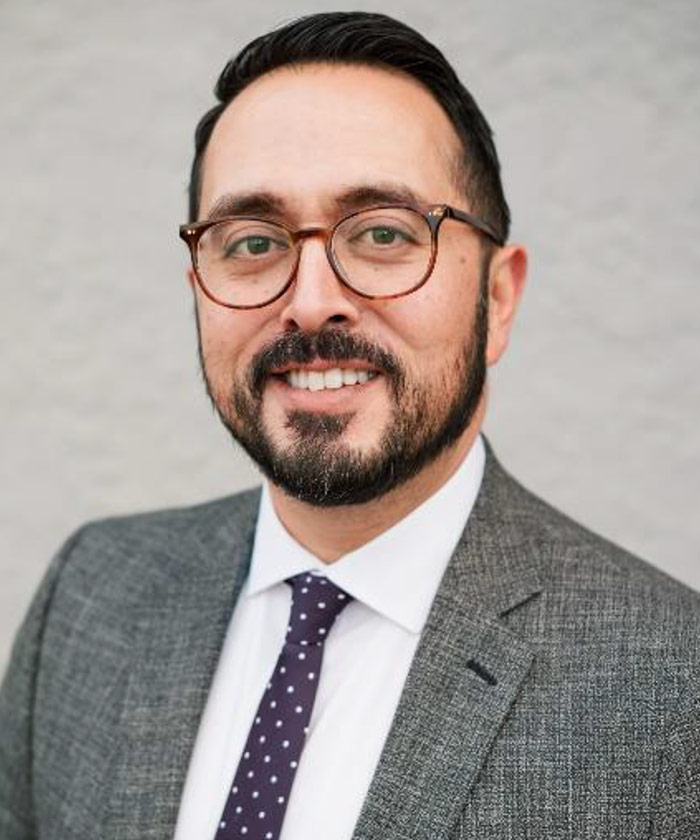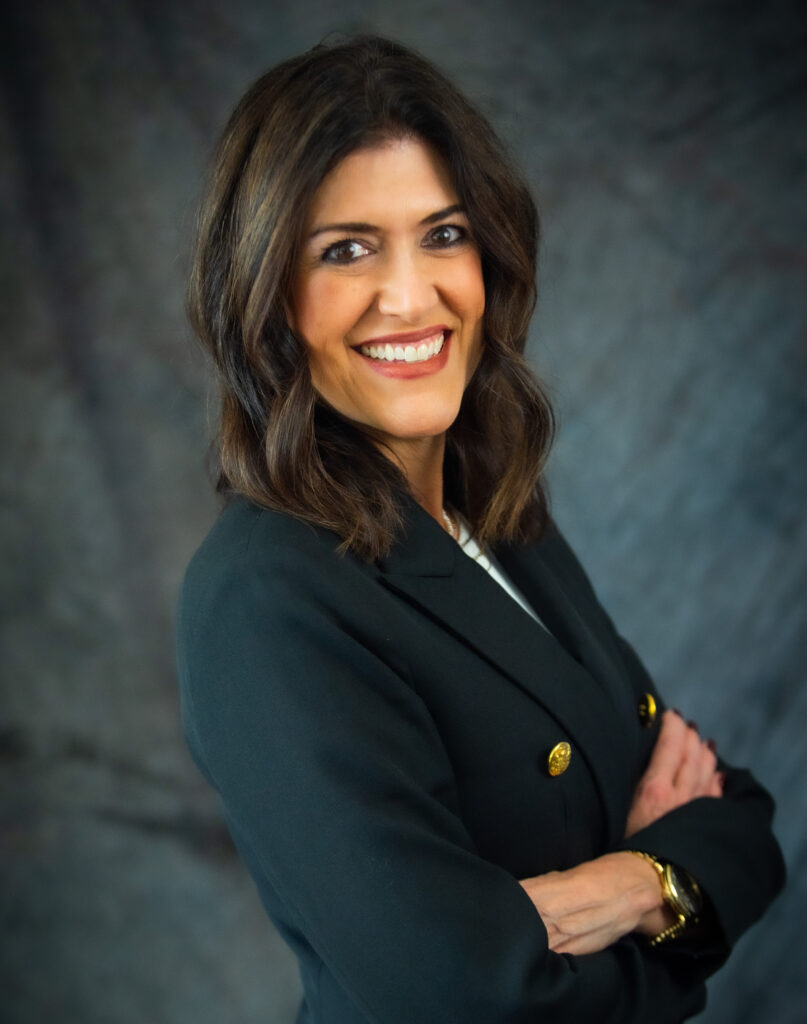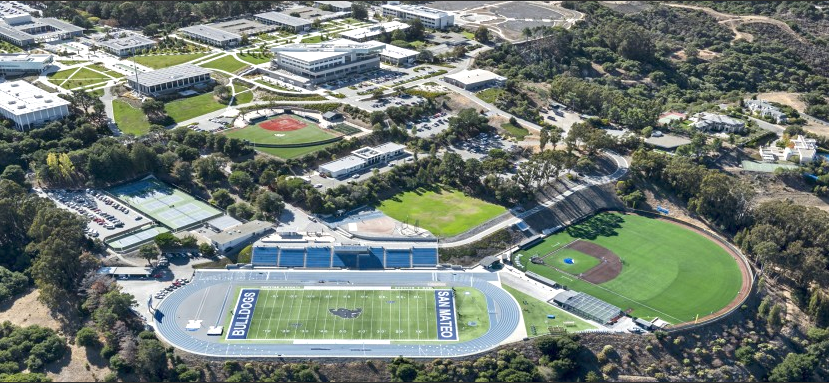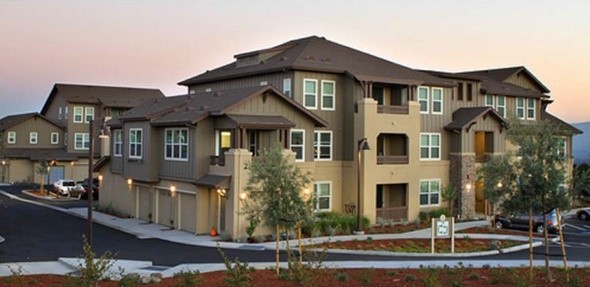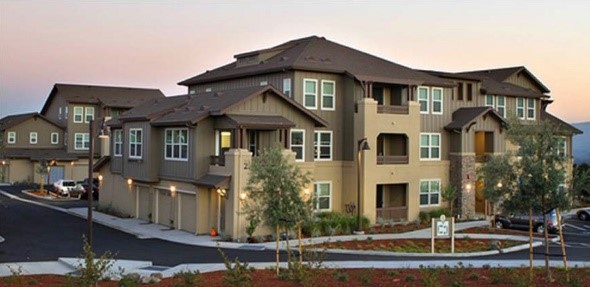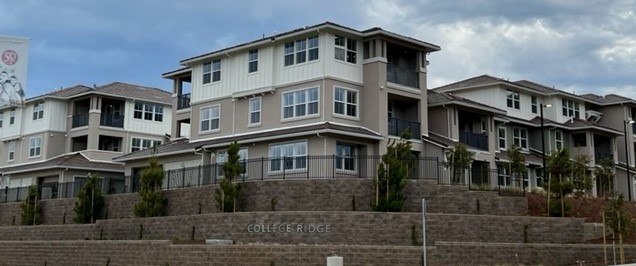College’s first queer-identified and Latino president brings passion for equity and student success.
Following a national search, San Mateo County Community College District (SMCCCD) Chancellor Melissa Moreno has announced that she will recommend Dr. Manuel Alejandro Pérez to the Board of Trustees as the next president of College of San Mateo (CSM). The Board of Trustees will take formal action on Dr. Pérez’s appointment at their meeting on May 22, 2024.
“We are delighted to welcome Dr. Pérez to College of San Mateo,” said Chancellor Moreno. “He is a passionate leader who has demonstrated a deep commitment to underserved student communities with innovative programs to provide equitable and inclusive student experiences that engender their success. We are confident that he will lead CSM to new heights of excellence and innovation using an uncompromised collaborative and collegial approach.”
Dr. Pérez brings 20 years of professional experience in higher education, from his doctoral work in education to his teaching work in social justice, international and multicultural studies, and the performing arts, to developing a career in the community college system, and now currently serving as the Vice President of Student Services at Cañada College.
“I am honored and humbled to serve as the next president of College of San Mateo,” said Dr. Pérez. “I look forward to working collaboratively with the faculty, staff, students, and community partners to advance the mission and vision of this transformative institution. I am committed to fostering a culture of care, belonging, and excellence that supports the success and well-being of all our students, especially our historically marginalized and underserved communities.”
Before joining SMCCCD, Dr. Pérez served as Interim Assistant Vice President for Equity & Community Inclusion at San Francisco State University. Before that, he served as the Dean of Student Development and Dean of Equity Programs & Pathways for American River College (ARC).
Dr. Pérez holds a bachelor’s degree in communication studies with a minor in ethnic studies from Santa Clara University, a master’s degree in communication studies from San Diego State University, and a doctorate in education from the University of San Francisco, where he also teaches courses as part-time faculty.
Dr. Pérez will start his new position on July 1, 2024. His selection is subject to approval of a written contract, whose terms will be available for public review before the May 22 board meeting.
